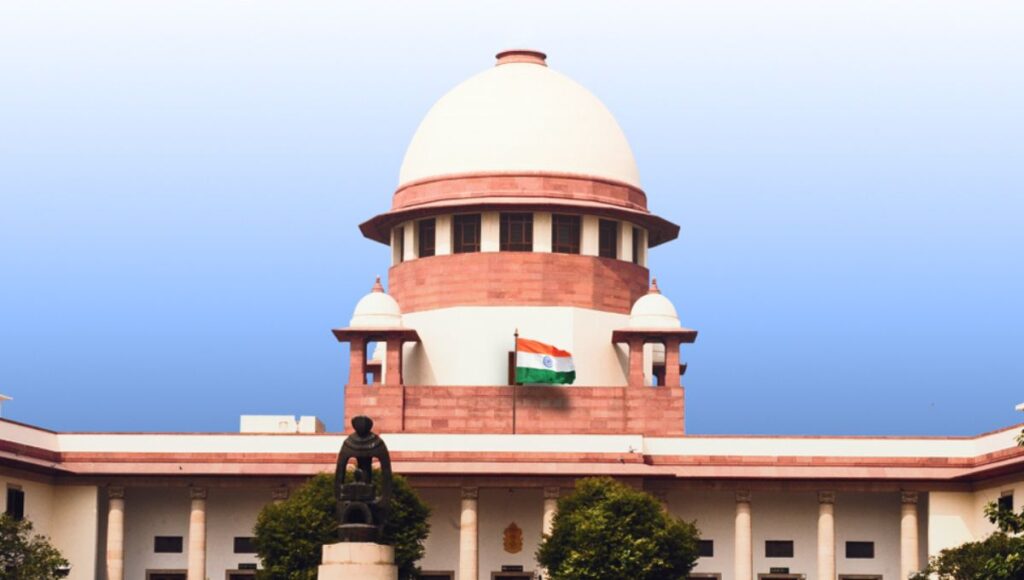SC Rejects PIL for Disclosure of Drug Warnings

Image Source: SC of India
Supreme Court Dismisses PIL for Mandatory Disclosure of Medicine Contraindications
New Delhi – The Supreme Court of India on Thursday dismissed a Public Interest Litigation (PIL) seeking a mandatory framework requiring doctors to inform patients about contraindications—cases where certain medications should not be used due to potential harm. The court called the proposal “not practical,” pointing to challenges in standardizing such a system.
A bench led by Justices Bhushan R. Gavai and K.V. Viswanathan ruled that it would be unfeasible for doctors to personally disclose detailed contraindications for each prescribed medication. Highlighting the complexity of medications and their varied effects on patients, the bench noted that implementing such a requirement could lead to confusion, logistical issues, and excessive burdens on healthcare providers.
“It is impractical to expect doctors to individually inform patients about contraindications for every drug. Information display at pharmacies could be an option, but even that would face challenges due to the vast variety of medications,” the bench observed.
The PIL was filed by Jacob Vadakkanchery, a naturopathy therapist, with advocate Prashant Bhushan arguing the case. Bhushan proposed that printed inserts listing potential contraindications could improve patient safety and reduce legal issues related to medical negligence. He argued that the World Health Organization (WHO) has reported severe harm to patients who are unaware of contraindications.
However, the bench expressed concerns about how such disclosures might increase consumer complaints and lawsuits against doctors and pharmacists, potentially complicating healthcare administration. The court noted that doctors are already subject to accountability under the Consumer Protection Act (CPA) and dismissed the PIL, citing a lack of practical feasibility.
The judgment echoes a recent decision by the Supreme Court, which upheld the inclusion of medical services under the CPA. In India, medical professionals are also guided by the Bolam Test, which protects doctors from negligence claims if they act within accepted medical practices. The Supreme Court reinforced this standard in previous cases, stressing that doctors should only face liability when there is clear evidence of deviation from established practices.
This dismissal reflects the court’s caution in imposing additional legal obligations on healthcare providers, aiming to balance patient safety with the practicalities of medical practice in India.
Also Read | Delhi Woman Shot in Pizza Dispute; 4 Arrested






